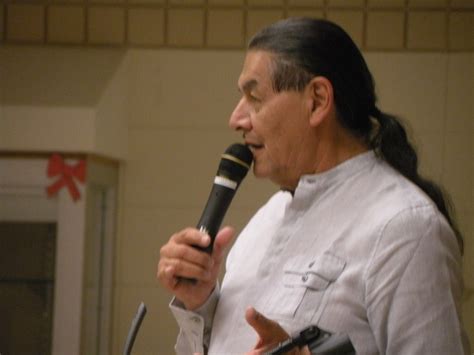A Quote by Brene Brown
Vulnerability is not weakness. And that myth is profoundly dangerous.
Quote Topics
Related Quotes
Vulnerability is not weakness, and the uncertainty, risk, and emotional exposure we face every day are not optional. Our only choice is a question of engagement. Our willingness to own and engage with our vulnerability determines the depth of our courage and the clarity of our purpose; the level to which we protect ourselves from being vulnerable is a measure of our fear and disconnection.
Revenge tries to solve the problem of vulnerability. If I strike back, I transfer vulnerability from myself to the other. And yet by striking back I produce a world in which my vulnerability to injury is increased by the likelihood of another strike. So it seems as if I'm getting rid of my vulnerability and instead locating it with the other, but actually I'm heightening the vulnerability of everyone and I'm heightening the possibility of violence that happens between us.
Weakness and strength are necessary for balance. No one or nothing is only weak or only strong. But some of us overlook our weaknesses, and even deny that we have them. That can be dangerous, because denying there is a weakness is in itself a weakness. Likewise, accepting that we have weaknesses becomes a strength. And by the same token, overestimating strength is a weakness. You should not be blinded by your strengths. The feeling of strength is not the same as having strength. Neither should you ignore your weaknesses. Know them well, too.






























